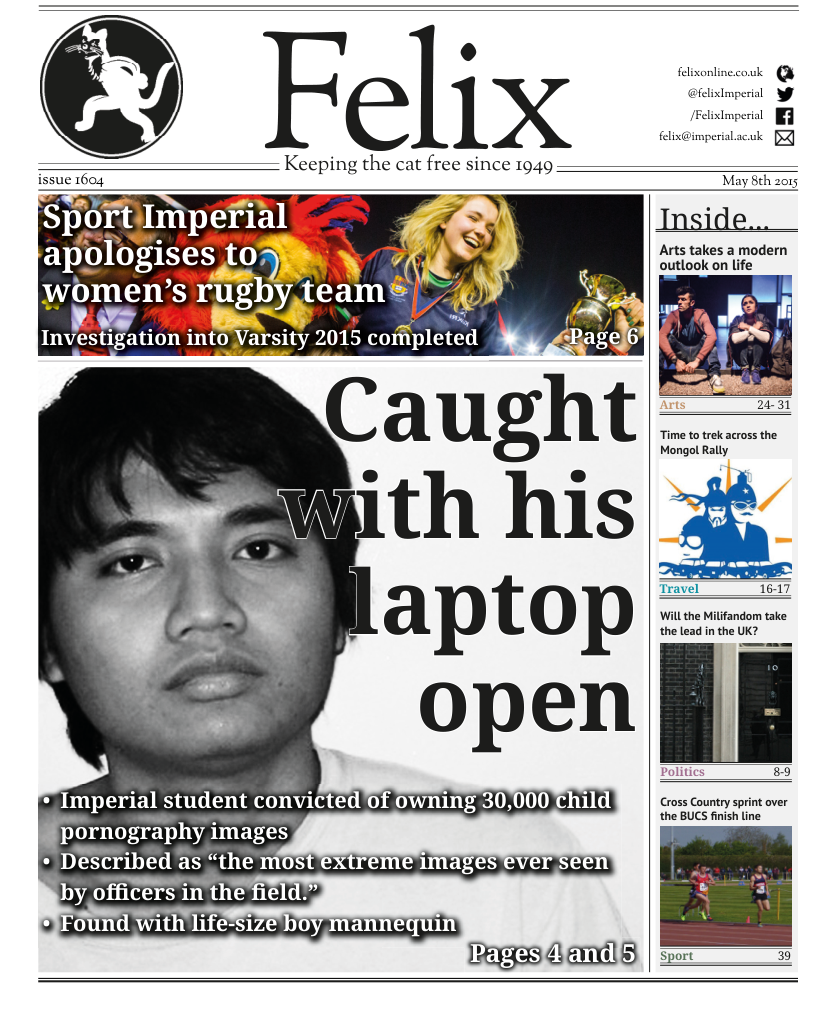Imperial top University for employment prospects
We surpassed Oxford and Cambridge

In the latest University ranking table study produced by The Complete University Guide, Imperial took the top spot, being declared the best University for postgraduate employment prospects.
The College surpassed St George’s (University of London), the University of Oxford, the University of Cambridge, University College London and the London School of Economics.
The Complete University Guide survey indicated that 89.9% of Imperial graduates found a job within 6 months after graduating.
The rankings use data from the Higher Education Statistics Agency (HESA), which records the number of graduates who take up employment or further study.
The report also emphasized the importance of the research and projects currently undertaken by Imperial, such as the involvement in the building of a dam in China, CCS (carbon capture and storage) research projects and the efforts to tackle climate change.
The graduate prospects report was one of many issued by the company, with Imperial being cited as 3rd best University in the country in terms of reputation and also the 3rd hardest University to get into.
Recent reports such as this one and the QS World University Rankings that ranked Imperial as the 2nd best University in the world, continue to cement Imperial’s position as a world leader in providing education and research.
Commenting on the strength of Imperial in light of the new rankings, Professor Alice Gast, President of Imperial College, highlighted the importance of the competition between different Universities to contribute to society, but she also mentioned how collaboration and “joining forces” is crucial to innovate and answer the future’s challenges.
With reports emphasizing the global scope of Imperial’s projects and research, with collaborations often spanning 4 continents being the key behind Imperial’s rising reputation as a world-class institution.
With Imperial overtaking Oxford and being joint 2nd with Cambridge, graduate prospects putting us ahead of both, this is a testimony to the College’s success since it’s independence from the University of London in 2007.









